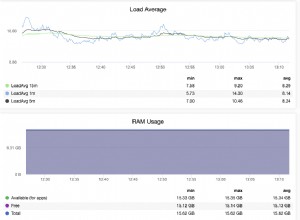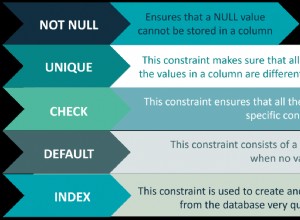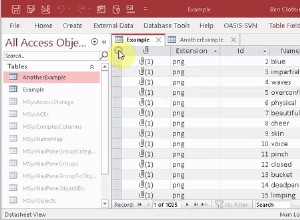Use este código que fará o download do arquivo excel no sistema local Verifique a permissão da pasta também
Para baixar o arquivo do Excel, você precisa definir os cabeçalhos. Então, basta fornecer o nome do arquivo, que será o nome do arquivo do Excel baixado.
// Export results
require_once('PHPExcel.php');
$query = "SELECT DISTINCT TITLE, PID, TYPE, SUM(DAYCOUNT) AS tot, ROUND(SUM(DAYCOUNT)/( SELECT SUM(DAYCOUNT) FROM REPORT_LIST_VIEW), 4) AS per FROM REPORT_LIST_VIEW WHERE DAYCOUNT > '0' GROUP BY TITLE, PID, TYPE ORDER BY tot DESC";
if ($result = db_query($query)) {
// Create a new PHPExcel object
$objPHPExcel = new PHPExcel();
$objPHPExcel->getActiveSheet()->setTitle('List of Cities');
// Loop through the result set
$rowNumber = 1;
while ($row = $result->fetchAssoc()) {
$objPHPExcel->getActiveSheet()->fromArray($row,NULL,'A'.$rowNumber++);
}
// Redirect output to a client’s web browser (Excel5)
header('Content-Type: application/vnd.openxmlformats-officedocument.spreadsheetml.sheet');
header('Content-Disposition: attachment;filename="CityList.xls"');
header('Cache-Control: max-age=0');
// If you're serving to IE 9, then the following may be needed
header('Cache-Control: max-age=1');
// If you're serving to IE over SSL, then the following may be needed
header ('Expires: Fri, 11 Sep 2015 05:00:00 GMT'); // Date
header ('Last-Modified: '.gmdate('D, d M Y H:i:s').' GMT'); // always modified
header ('Cache-Control: cache, must-revalidate'); // HTTP/1.1
header ('Pragma: public'); // HTTP/1.0
$objWriter = PHPExcel_IOFactory::createWriter($objPHPExcel, 'Excel5');
$objWriter->save('php://output');
exit;
}




